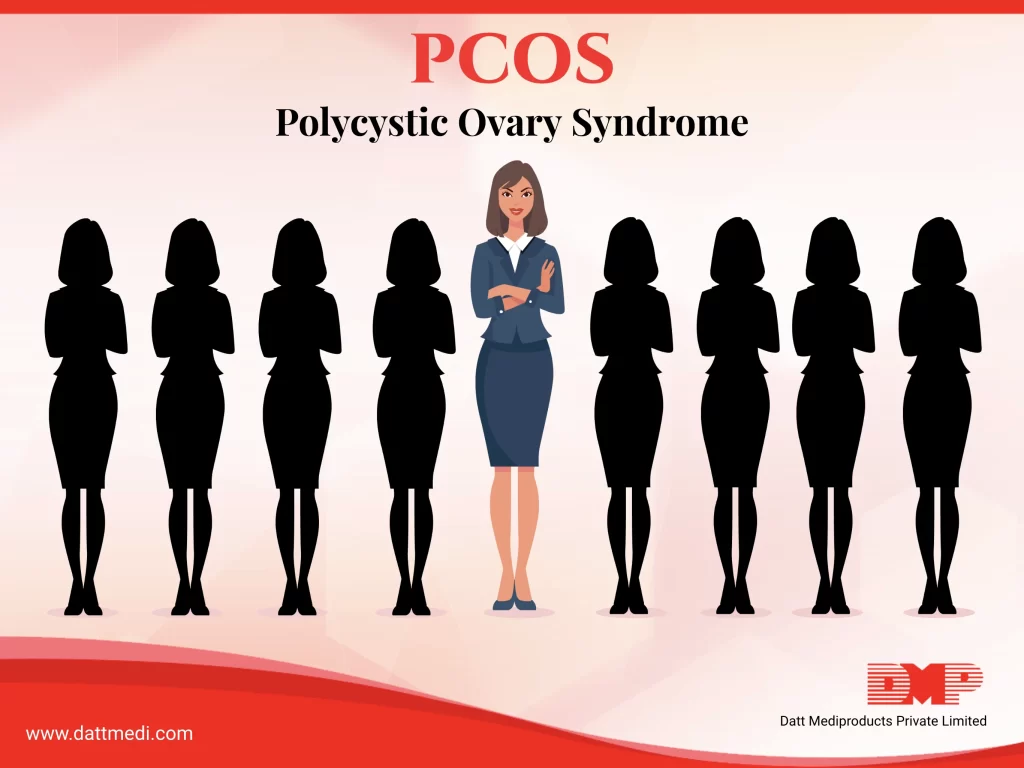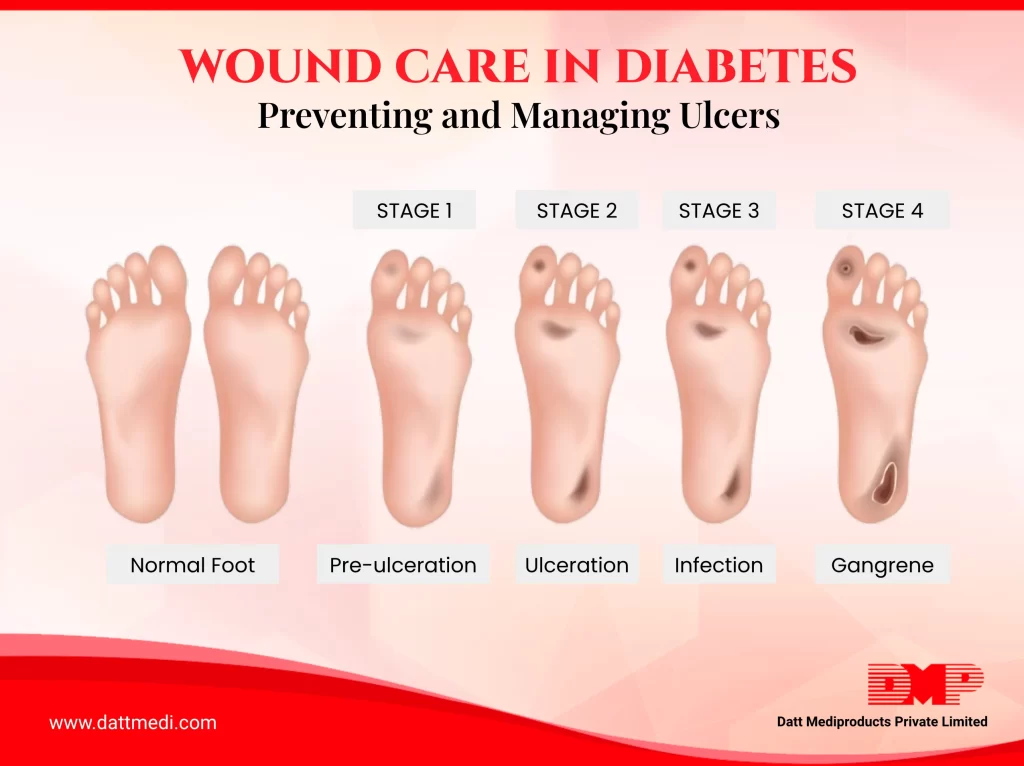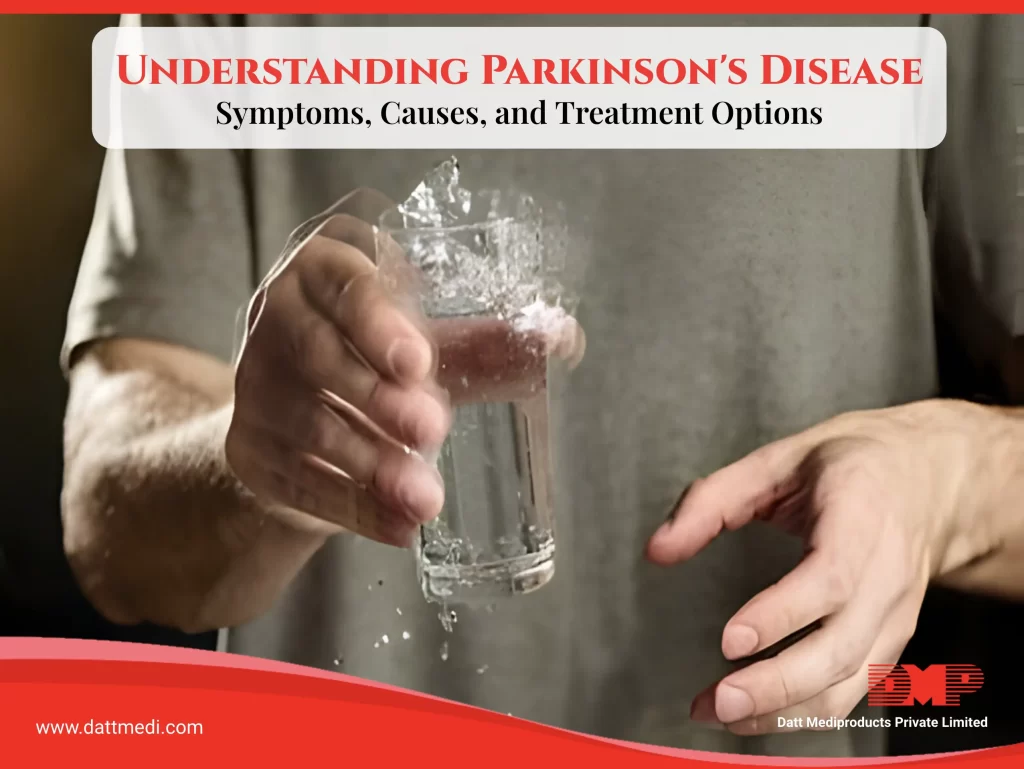
A notably large number of women are seen suffering from PCOS. Polycystic Ovarian Syndrome (PCOS) affects 1 in 10 women of childbearing age. It is a health condition which causes a woman to produce larger quantities of the male hormone, thereby tampering with the normal functioning of the woman body.
The hormonal imbalance causes the women to skip their periods and develop certain manly attributes. Things also become a little trickier when it comes to pregnancy, if untreated it can lead to infertility.
PCOS is a multifactorial disease. It is often associated with high blood pressure, metabolic syndrome, impaired glucose tolerance, obesity, Type 2 Diabetes Mellitus, endometrial cancer, depression and anxiety, mood swings, unhealthy cholesterol, cardiovascular risks, obstructive sleep apnea, non-alcoholic fatty liver disease/ non-alcoholic steatohepatitis.
How to know if you have PCOS?
PCOS can happen to any women at any age after puberty. The risk may be higher if you are obese or if there is any family history. About 5% to 10% women between 15 to 44 years or childbearing age have PCOS.
There are quite a number of symptoms which will clearly tell if a woman is suffering from PCOD.
Let’s have a look at some of the most common symptoms.
- The problem in Menstruation:
Irregular menstruation, missing periods (sometimes up to 3-4 months), light bleeding for short times, spotting and any kind of abnormality in your menstrual cycle is alarming and you need to consult a doctor soon. - It can affect Weight:
PCOS can affect your weight gain as well, leading to obesity - Skin Problems:
Skin problems may appear very normal. Most girls tend to ignore skin problems like acne or oily skin. But when you see that no matter how hard you try, no matter how many expensive creams and face washes you use, the problem isn’t going away, you should get it checked up. - Hirsutism:
Abnormal growth on face and body. - Thinning Hair or Male pattern baldness
- Mood Swings
- Trouble conceiving or Infertility
- Insulin Resistance
- High testosterone levels
Apart from all the above-mentioned symptoms, some of the other signs which are indicative of PCOS are dark patches on the skin, in and around the folds and creases, unwanted facial or pubic hair, hair fall to name a few. If ignored and not treated for a long time, PCOS can lead to an increased risk of other serious disorders like heart disease and diabetes.
How does PCOS affect Pregnancy?
PCOS may be problematic, during pregnancy. Women with this condition often find it difficult to conceive as they don’t ovulate regularly, or release an egg because of the overproduction of estrogen by their ovaries. Since ovulation is not regular, periods also become irregular. Increased levels of testosterone affect the oocyte quality, inhibit ovulation, insulin resistance and lead to other associated health conditions.
Women with PCOS may face the following problems:
- Cesarean section (C-section)
- Miscarriage
- Gestational diabetes
- Preeclampsia
- An inaccurate ovulation test
How to fix the problem?
PCOS is not yet curable but it is easily manageable. The main motive is to control the imbalance of hormone.
Lifestyle Changes
- Maintain a healthy weight:
Weight loss can lower insulin and androgen levels and may restore regular ovulation. - Diet management:
High-carbohydrate and low-fat diets may increase insulin levels. The correct nutrients will help to curb the imbalance of hormone. Junk food should be avoided as much as possible. Healthy eating is the key to a healthy lifestyle. - Regular exercise:
Exercise helps in lowering the blood sugar levels and controls body weight too.
Medications
- Hormonal Contraceptives for regulation of the menstrual cycle
- Infertility Treatment for promoting ovulation
- Metformin
- Treatment for Hyperandrogenism for hirsutism
Women with PCOS need to change their lifestyle, including a healthy diet and a regular exercise. Reducing the glycemic load and cutting down on fats along with an at least 30 minutes daily exercise may help achieve the desired goal. These lifestyle interventions will help alleviate PCOS symptoms and improve quality of life.




